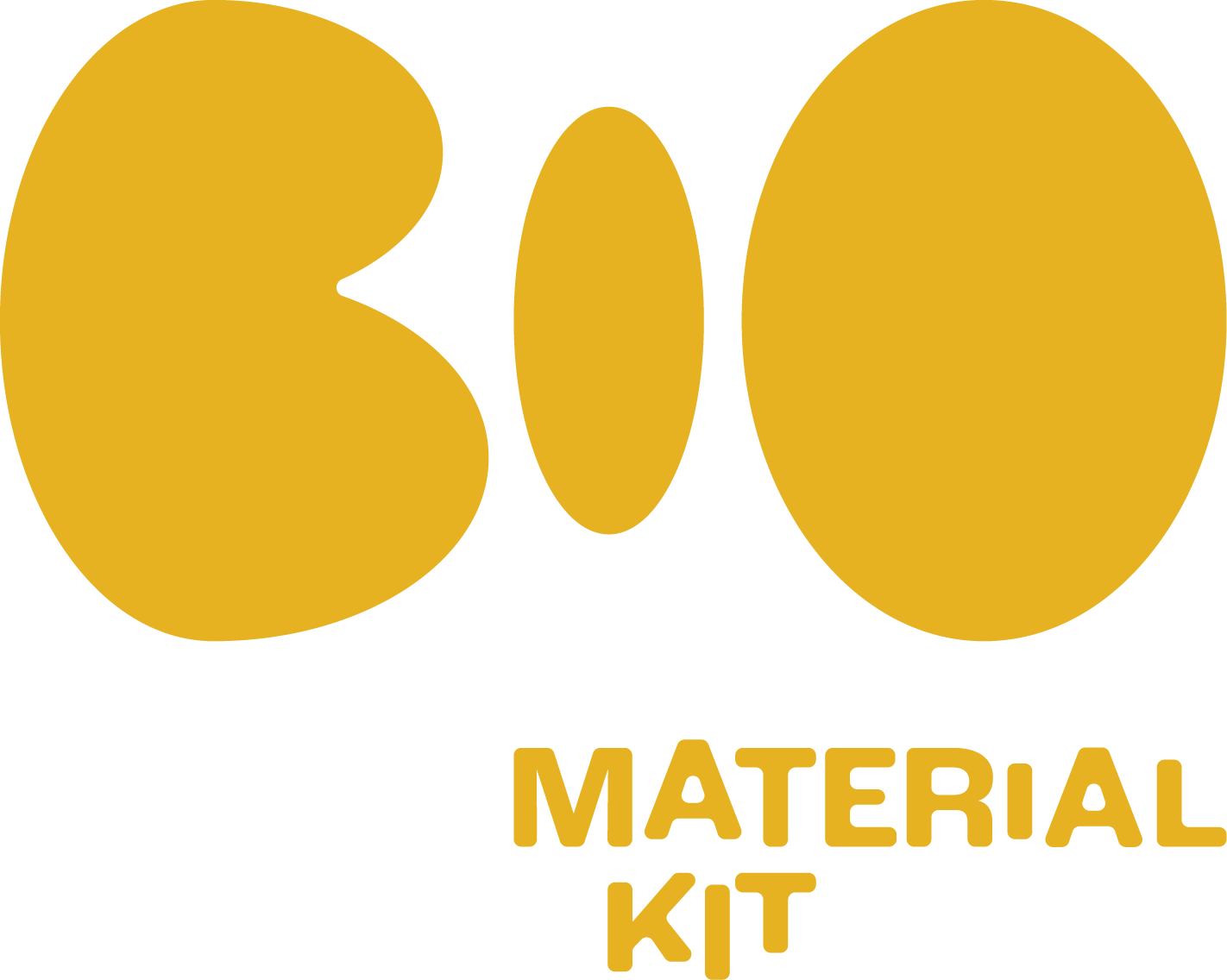The BiomaterialKIT – is a practical and pedagogical experiment for a more sustainable consumption.
The aim is to explore different contexts associated with the school and introduce:
[1] better behaviors in consumer decision-making,
[2] awareness of individual and collective responsibility in the environmental impact,
[3] training for innovation through better use of biomaterials and their reintegration into the circular economic cycle, to enhance and slow down the climate change effects.
The methodological proposal is centered on participatory action research (PAR), participatory design and co-creation processes, to generate, in a first phase, a commitment to the young citizens and their communities. The education environment will be conducted for interacting with the youngest, local agents such as teachers and specialists from the municipality, their respective families and communities where they are located.
Taking into account the work already carried out by the academic’s co-applications in an educational context, namely in schools of different levels of education. We consider for this proposal the opportunity to develop a pilot in a school in each of these cities, where we can implement the principles of sustainability with those who can change the future, children
Expected results
Our project will bring 6 expected results:
(1) Developing local strategies, plans, roadmaps regarding climate change and sustainable development; We will support our co-partner Bayraklı Municipality to create their own road map related to climate change by the year 2024,
(2) Developing and/or implementing technology and innovative tools for climate change adaptation: the physical and immaterial deliverables (mobileLab, toolkits and community public place),
(3) Creating networks and platforms for exchange of best practices related to climate and environment; via a deep relation between Portimão’s and Bayraklı’s implementations and teams’ mobility,
(4) Actions targeting public awareness on climate change and environment focusing on different groups of the community,
(5) We will have trainings with 200 students (100 from each country) and increase their capacity about global warming,
(6) Raising awareness on the urgency and importance of adapting to climate change. Besides students we will also work with their families and their teachers reaching out to different groups in the community increasing their awareness about climate change.

